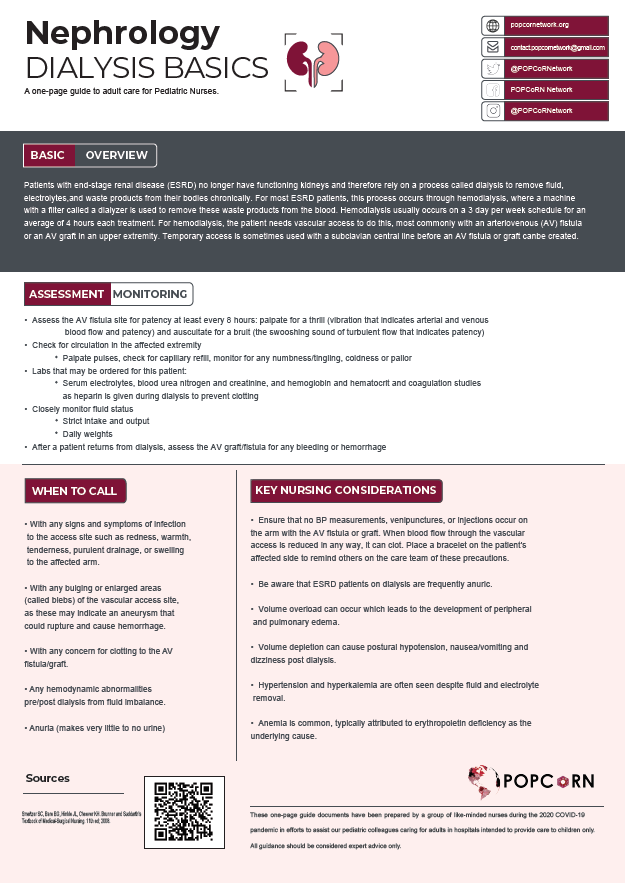
Acute renal failure occurs when the kidneys are unable to function as they once did in a healthy person.
This generally occurs quickly over just a few hours or even up to 2 weeks
Because most patients don't notice their symptoms, they are often unaware that there is an acute shortage of the vital organs. Because many patients have no symptoms, they don't get tested for this condition until it has progressed to the point where dialysis is required. This means that people are diagnosed with ARF at the onset of their kidney failure. Because dialysis can be expensive, some patients can't afford to get this treatment.
Because patients are so ill and may not be able to communicate to their doctors what they are experiencing, the term "acute renal failure" is sometimes used interchangeably with the term "dialysis." But while dialysis may cause some short-term symptoms, it is only a temporary solution and is really not necessary.
Dialysis does, however, take care of some of the short-term problems that patients may experience because it helps to remove waste products from the body. This is why some patients are diagnosed with dialysis early on.
Dialysis can cause the patient to feel exhausted. In fact, patients will often go to bed tired and wake up feeling sick. Patients are also often prescribed medications to help them deal with fatigue and the side effects of dialysis. Often, patients will be put on dialysis for several months at a time.
Dialysis can also lead to some complications, such as scarring of the kidney. Some patients may also suffer from low bone density and bone damage. In more extreme cases, patients who get too much dialysis will eventually become infertile, which is another complication that can be very painful.
If a patient begins to have symptoms of ARF, such as frequent urination or blood in the urine, it may be difficult for him to get treated. Because dialysis can be expensive, some people who need dialysis may be unable to afford the treatments that are offered to them. This is why it is so important for patients to seek out proper medical help. to make sure that their condition is properly diagnosed.
The sooner a patient gets the proper testing and treatment, the better his chances of preventing complications from occurring
Dialysis is usually reserved for situations where there are serious problems that cannot be treated through other means, but if these conditions are the problem for the patient, dialysis may be the best solution.
Dialysis can be dangerous for patients, though, because the treatments can cause the kidneys to lose some of their ability to process drugs and chemicals. If this happens, the patient can suffer from a condition known as nephrotic syndrome, which can cause permanent damage to the kidneys. Some patients who suffer from dialysis also suffer from kidney infections, kidney stones, and other problems.
Dialysis also puts an incredible amount of stress on the body. Patients may find that they feel fatigued throughout the day and that they have a hard time getting enough rest and sleep. They will also find that they have problems with their blood pressure and their heart.
Dialysis can have many side effects, but these side effects are generally temporary and usually subside after the treatment is stopped. If you suspect that you may have dialysis, make sure to contact your doctor right away. There are ways to prevent any serious complications from occurring.
Dialysis can also be risky for the liver. Patients who use dialysis often have to change their diets and may be instructed to take medications such as cortisone, which can cause damage to the liver. Also, the kidneys may suffer from an infection and the condition can become very serious. Since dialysis is not a permanent solution, it can sometimes lead to complications that require more drastic measures.
Dialysis is a treatment, and like all treatments, it should be approached with caution. If you are concerned that you have dialysis, talk to your doctor and discuss any concerns that you might have.